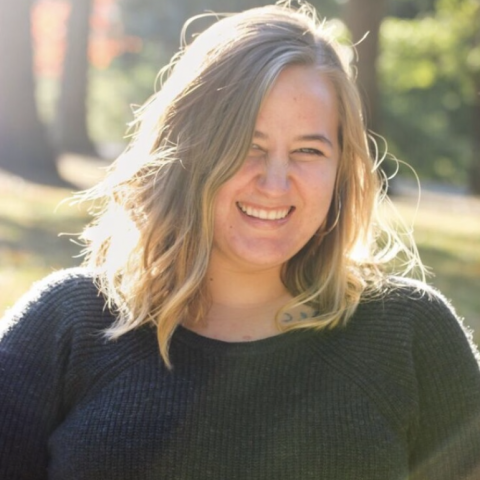
Female characters across literature who are written to represent youth, beauty, innocence, love, and overall femininity, are often analyzed as weak, but I argue there is a lot of strength in these characters. Analyzing femininity as weakness is an outdated methodology that scholars still choose to use because of their own anti-feminist bias. Seen as tragic characters and often blamed for the tragic endings of the stories because of their femininity, Thornton Wilder’s Emily Webb in Our Town and Juliet Capulet in Shakespeare’s Romeo and Juliet are both really strong female characters written by well-known male authors. Though they come from different periods, early twentieth century America and Elizabethan England respectively, both of these periods struggled with patriarchy and misogyny. I will analyze Our Town by Wilder and Romeo and Juliet by Shakespeare to demonstrate how both characters represent strength in quiet ways through their traditional feminine characteristics of innocence, love, and strength. Using an intersectional perspective and trauma informed lens, I plan to complicate how critics view these characters. Teen girls are the leaders and changers of culture and hating characteristics of teen girlhood is oppressive and unnecessary. Readers of literature must stop writing off the Juliets and Emilies of literature as helpless, flat characters simply because of their femininity and begin to analyze them for what they are, complicated and fascinating leads in popular literature.
Keegan Sullivan (she/her) is a senior from Cincinnati, OH graduating with a double major in English and History and a minor in Race and Ethnicity Studies. She has been fascinated by the strength, power, and beauty of young female characters in literature since her first readings of Pride and Prejudice and Little Women, and was astonished in her collegiate journey to learn that academics often do not see what she does and hopes to continue the work of bringing justice to fictional characters post-graduation in an English PhD program. She dedicates this project to her professors, classmates, family, friends, roommate, and partner in their endless support of her work but she is most grateful to you, for listening to this presentation and pausing for just a moment to disappear into a world of books.